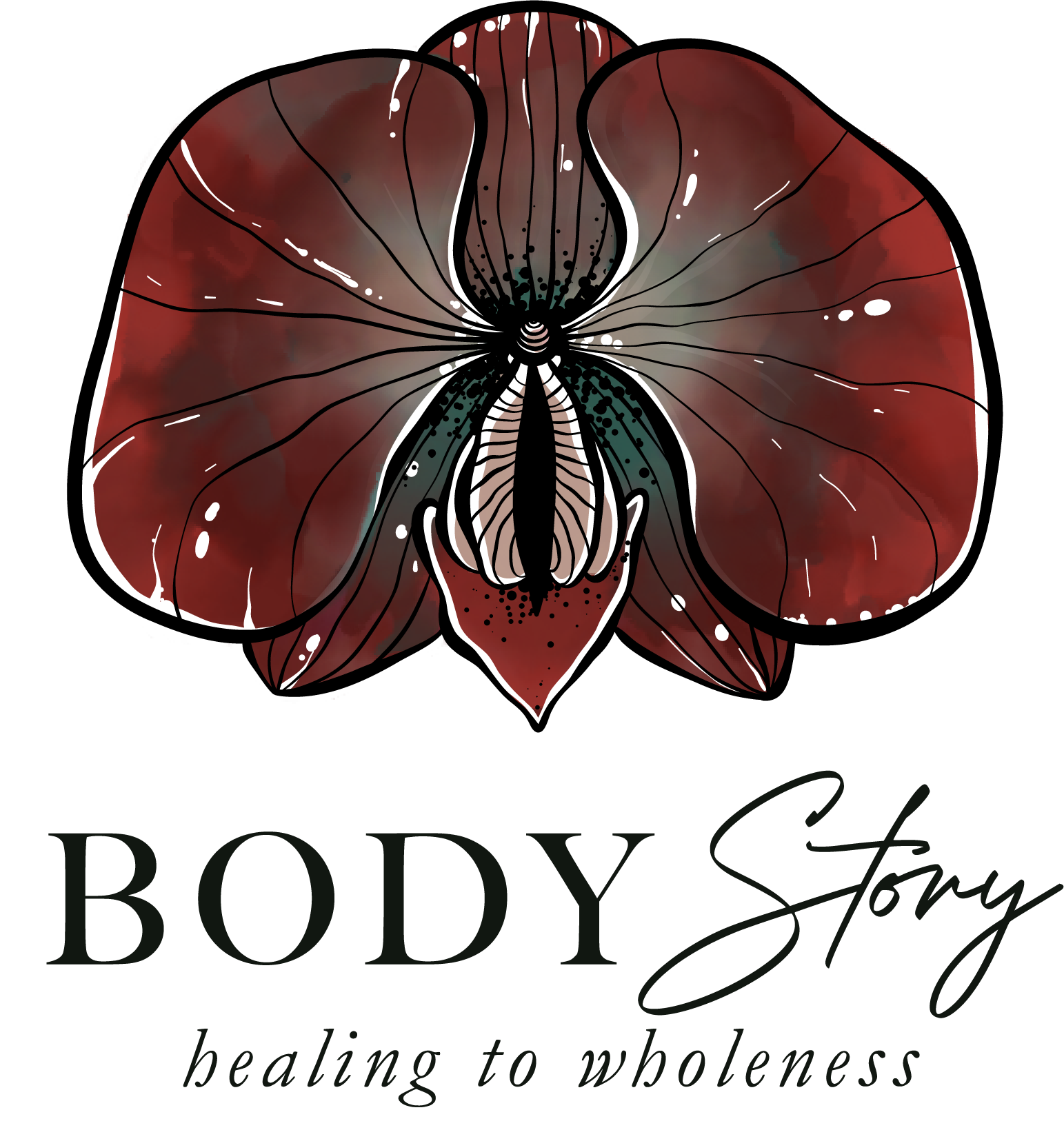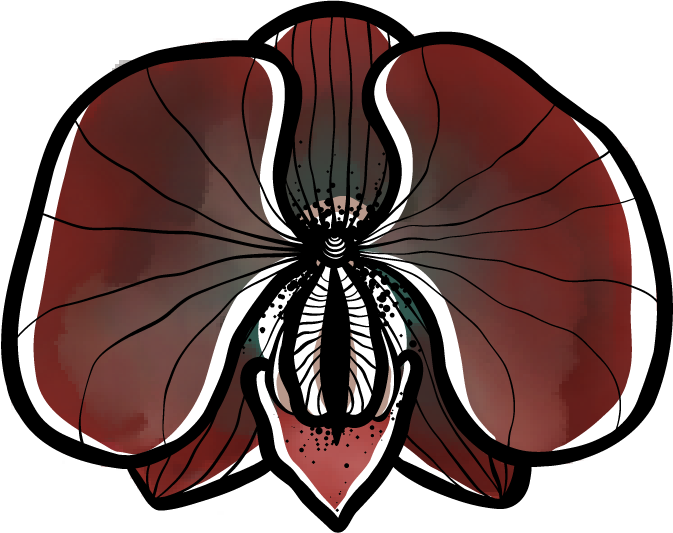We have moved. Twice. Once from a tiny island across an ocean, then to a different country. My daughter is 2½, and cannot understand what would make us uproot everything she’s ever known and move to a place where her mother’s seven years of Spanish classes fail to meet all her needs.
It has been a very intense time of mothering. She cries for me nonstop. She clings to my neck like a 30-lb monkey, terrified about the way the stairs look, or that strange sound in the distance. She wakes in the night and yells my name. It is as if she needs to know that I did not sneak off while she was sleeping and hop on another airplane. Yes, my love, I say, Your mama is here.
When she is not near me, I can hear her pleading to go to me. So I go to her. Again. Pick her up where she has thrown herself on the ground in a fit. I do this despite the fact that the reason I was hiding in the bedroom was because I was nearing the end of my ability to be pawed and nursed upon. These changes have left me with big feelings, too, the type that are impossible to work through when a child so in need is always at my side. Though I was hoping for a moment to sit with my journal, I choose to calm her instead, even though my tanks were just as empty as when I last saw her. I picked her up on my reserves and coasted to the couch. Her breath eased. I ground my teeth.
It seems that there is no one else who can do what I do, though I don’t quite know what that is.
But then, life always gives us something new. A visit to a new library (one of her favorite places in her old life) turned into a meltdown over a cheese sandwich that we pondered eating for lunch in the adjacent cafe. Her father was with me. As she lashed out at us for all that was wrong in her life, he picked her up and carried her away. I hustled after then, reaching for her flailing arms and legs that I knew were seeking me. I felt helpless. I tried to take her, to hold her, but my magic didn’t work and I lost my patience. My husband took her, insisting it was his time.
I spent 20 minutes hiding behind a kiosk while he talked with her. I hated listening to it — the way he reasoned with her. The way he gave her seven “last chances” and didn’t take action on any of them. The way he didn’t hold her or shush her or stroke her back. He simply spoke to her firmly, saying over and over that it was time to stop whining so we could get lunch someplace else. At times her cries grew louder, and I violated their space twice, pleading to let me just hold her. But my husband stopped me. This was not the time for mama. I took my hiding space again.
I do not claim to be a parenting expert. I don’t read much on theories or techniques. I am guided only by love. I know that love sometimes appears as the reassurance of a mother’s breast. It sometimes comes as a soft belly to lie against as a retreat from the deep unfairness of the world. But sometimes love is something different. Sometimes love is someone who can cut through the mess of their feelings and call them out on their bullshit. As I watched my husband do this, I watched my own ego fade, and remembered the value that comes from his approach.
We, the mamas, will go on forever — far beyond what is reasonable. We will keep doing for our children until our ropes are frayed and our life vests are sodden. Even as we sink, we will still churn the water, kicking our legs in a last attempt at holding our children afloat. But too many of us run out of breath this way. And if we have any hope of breathing again, we had better take the hand that is being offered. All we can hope is that the person attached to it will help us cut through the mess of our feelings and call us out on our bullshit.
After the tears had dried, we had a pleasant lunch at a tourist restaurant. There was no whining. There was no meltdown. Just a mediocre margarita pizza and a little girl who stared in awe at a sea of umbrellas that decorated the ceiling. In the face of the family vice grip we had all been in for weeks, I considered that a win.
Motherhood has taught me to be more patient and kinder. Yet even the deepest of wells can dry up when they are drawn upon too often. I did not become superhuman after giving birth. In fact, on my best behavior, I am and have always been simply human. I am learning to accept this, to understand this, and to share this with my daughter.
She went down for her nap that afternoon without a fight. As I woke her up, she greeted me a sweet smile that I had not seen in weeks. It reminded me that she, too, was working this human experience. I know just about as much about it as she does. Perhaps less. But as we spent the rest of the day in a state of close playfulness, drawing with sidewalk chalk on the floor of our courtyard, splashing water all over the bathroom during her bath, we remembered the one thing we both know very well: indeed, we are all forgivable, and always forgiven.




